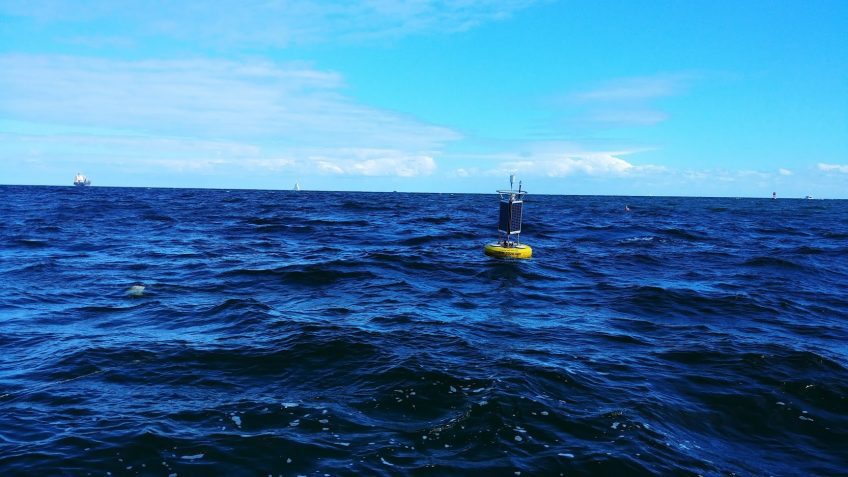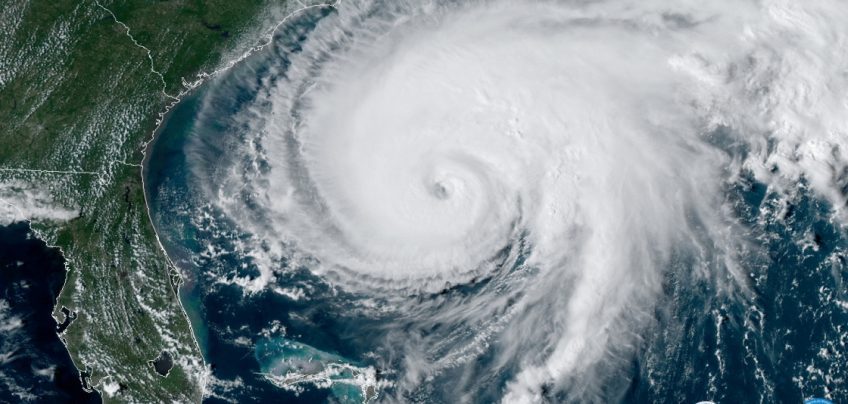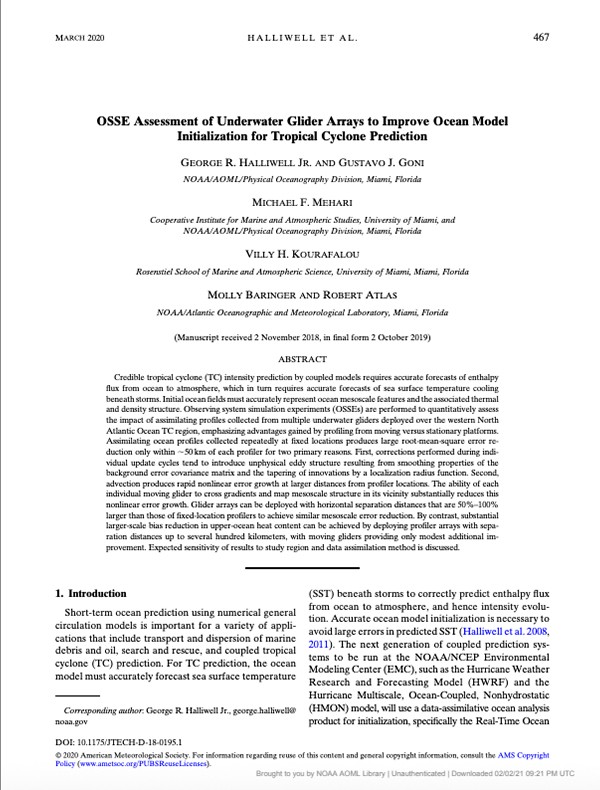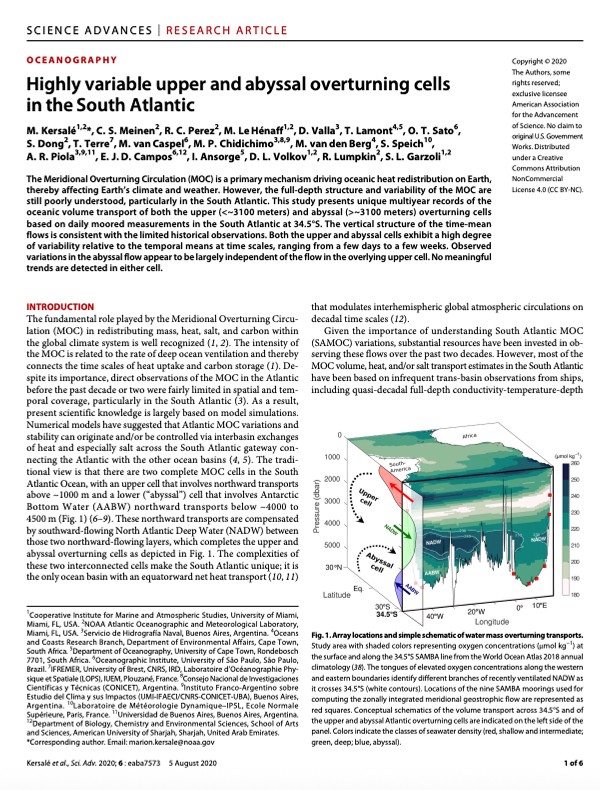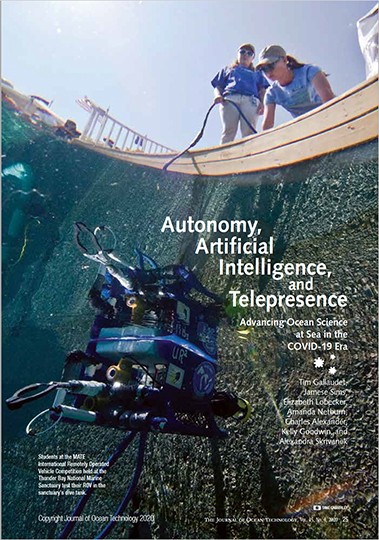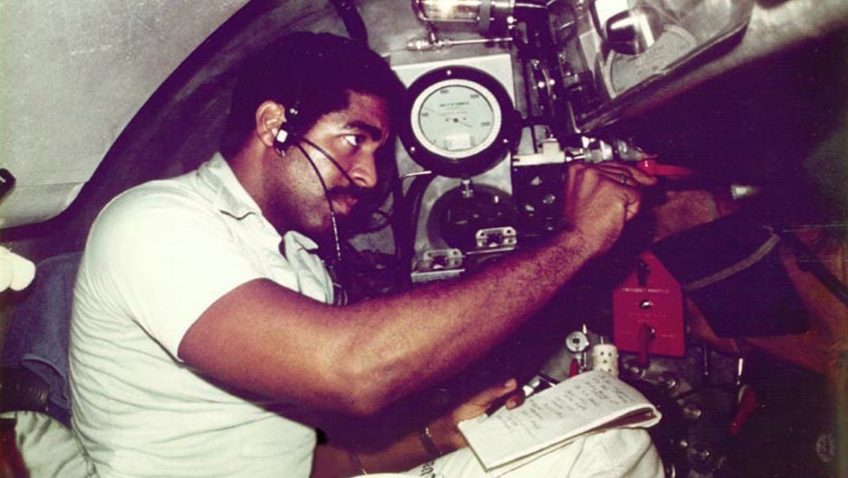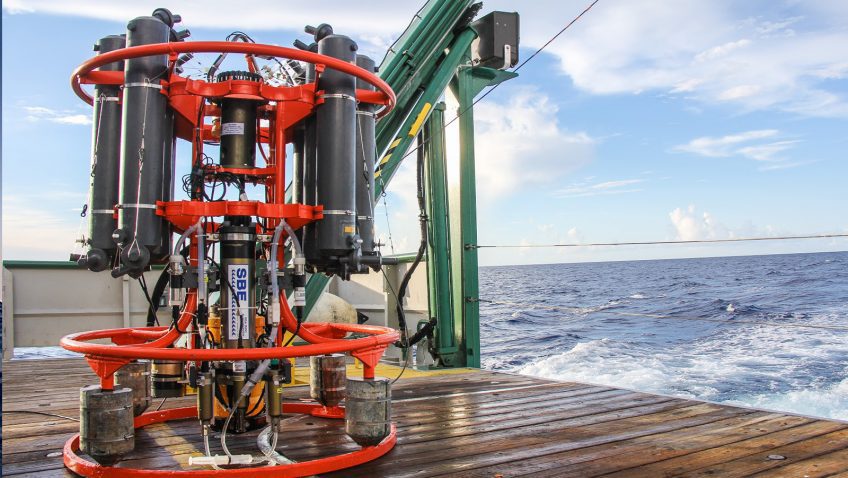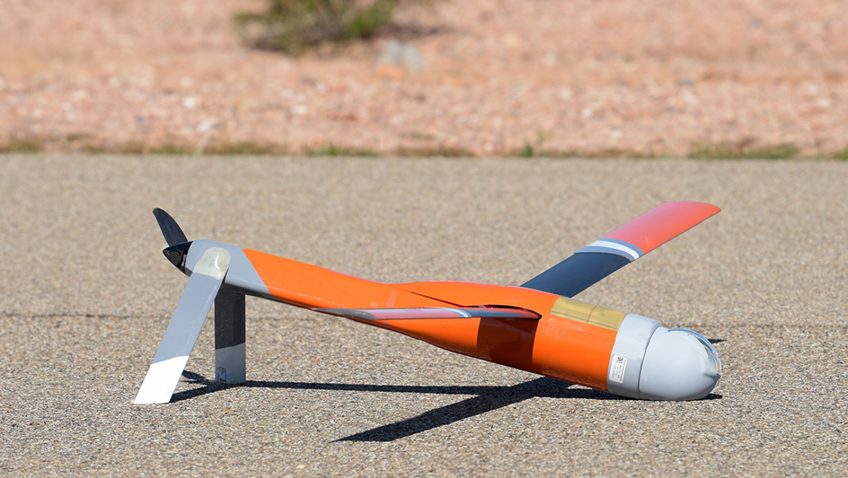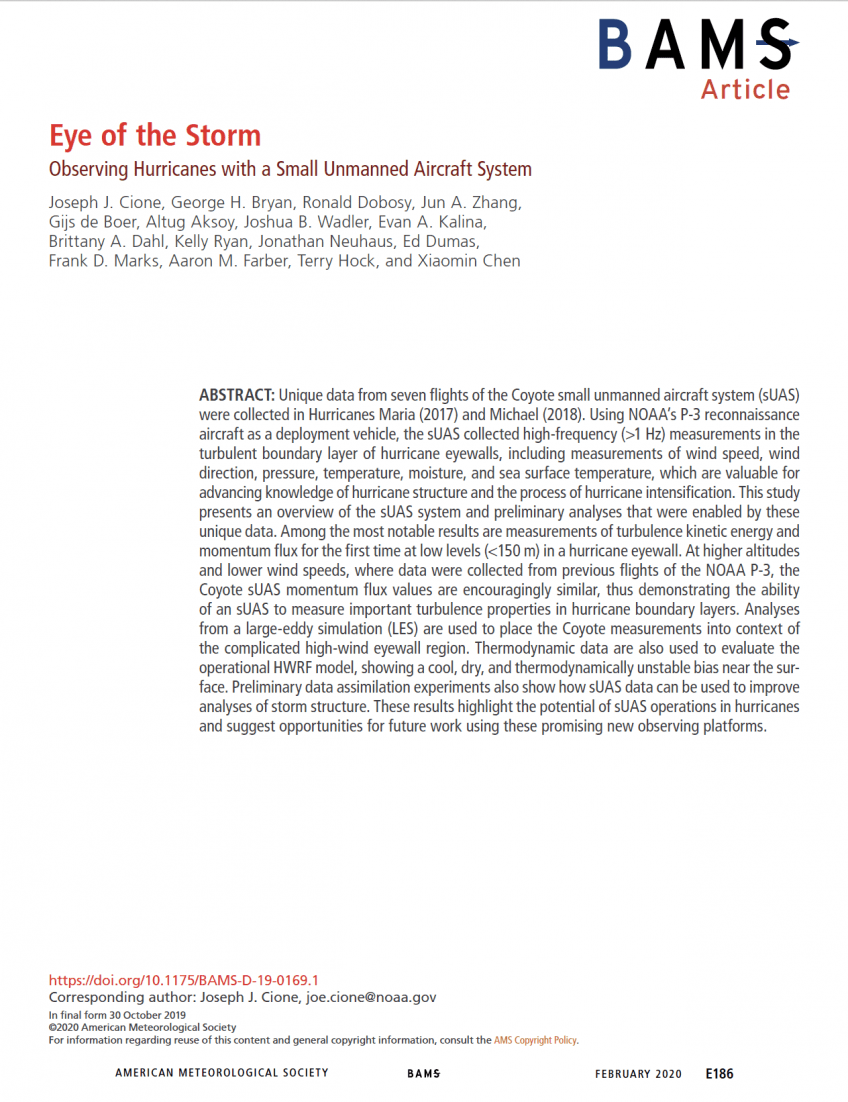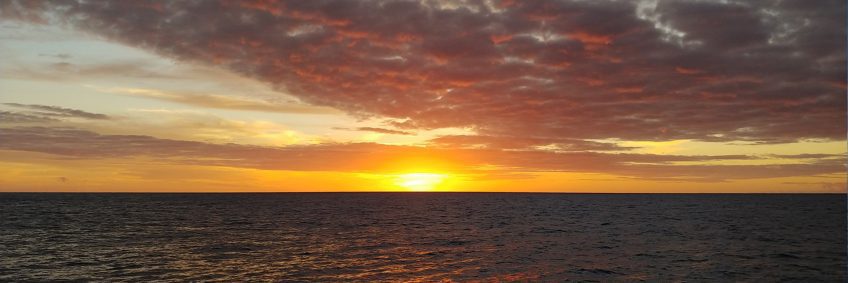NOAA and U.S. Army Corps Test A.I. Tool for Monitoring Water Quality in Port Everglades
The U.S Army Corps in partnership with NOAA’s Atlantic Oceanographic and Meteorological Laboratory, and NOAA’s Southeast Fisheries Science Center are testing a new ecological forecasting tool known as the ‘Environmental Information Synthesizer for Expert Systems’ (EISES). This new tool is being tested for the first time in a maintenance dredging project in Port Everglades, Fort Lauderdale, Florida in a multi-agency collaborative effort to help capture water quality effects which may be associated with dredging operations.
